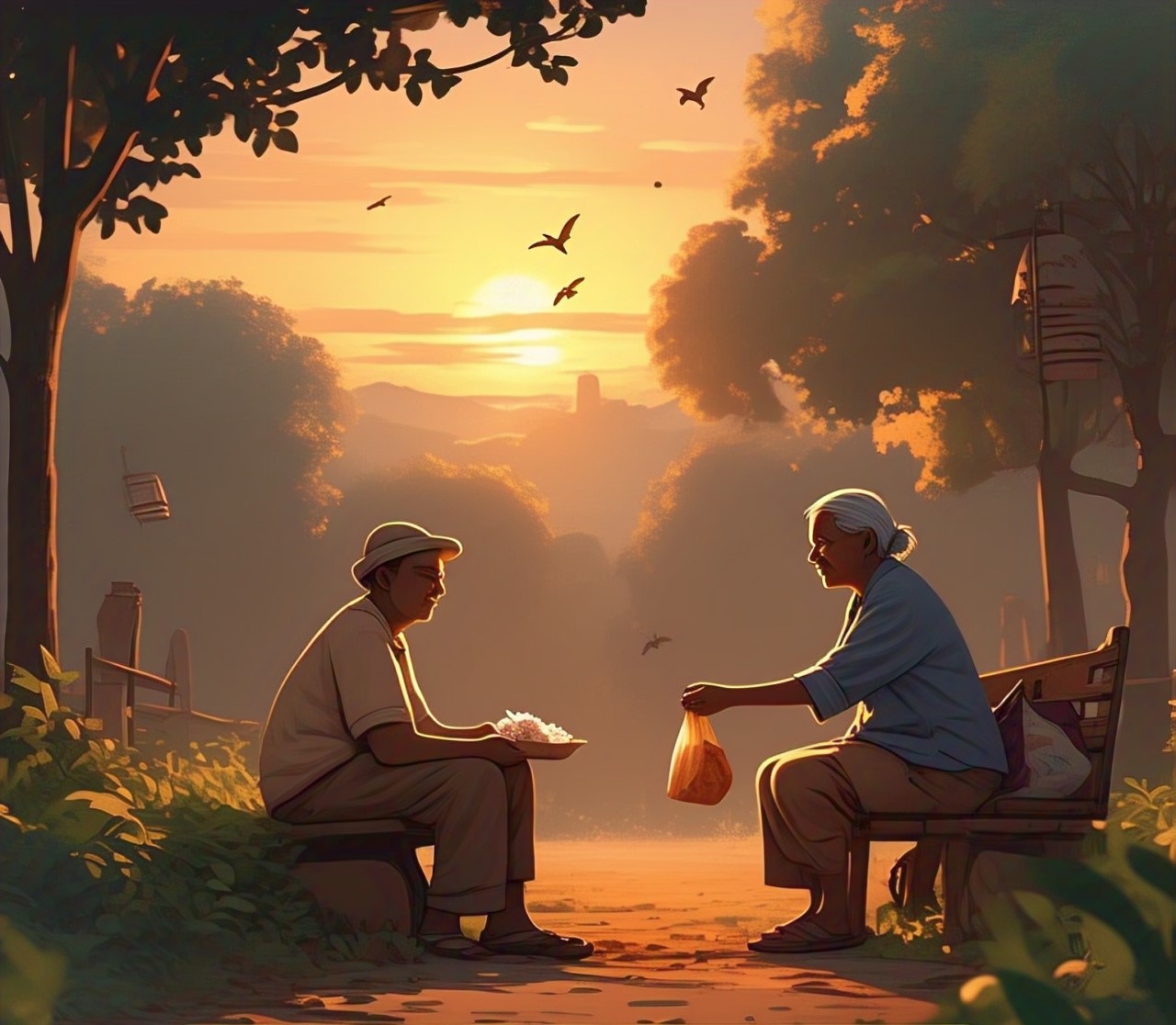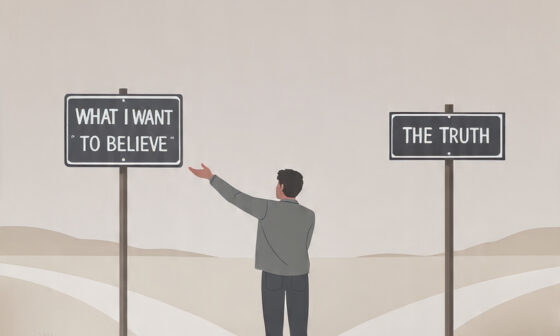Awareness is wisdom. Worry is bondage. And still, many of us mistake one for the other.
We think being “realistic” means expecting disaster, some people think that being “prepared” means living in a constant state of tension, but there is a world of difference between being aware and being troubled, between seeing life clearly and fearing what you see.
The Stoics understood this difference well; they did not believe in ignorance or blind optimism; they believed in clarity, in truth, and in readiness. But they also believed that worry, especially worrying about what has not yet happened, was a complete waste of time.
As Seneca wisely wrote: “It is likely that some troubles will befall us; but it is not a present fact. How often has the unexpected happened! How often has the expected never come to pass! And even though it is ordained to be, what does it avail to run out to meet your suffering? You will suffer soon enough, when it arrives.”
The Burden of Borrowed Suffering
Many people live in a constant state of borrowed suffering. They pre-live future disasters; they feel the weight of problems that have not even arrived, and they lose today worrying about tomorrow.
Jesus, Himself warned of this when He said, “Do not worry about tomorrow, for tomorrow will worry about itself. Each day has enough trouble of its own” (Matthew 6:34).

Both the Stoic wisdom and the Scripture agree that anxiety does not make us stronger; it only makes us weaker; it is like carrying an umbrella on a sunny day and still refusing to enjoy the light.
Yes, it might rain tomorrow, so bring in the furniture, and pack your coat, but do not get wet in advance.
Preparation Without Panic
The Stoics practiced premeditatio malorum; the “premeditation of evils,” and before you start to think too deeply about it. It means to calmly consider what could go wrong, so you are not surprised when life unfolds differently than you hoped.
But there is a right way and a wrong way to practice this. The wrong way is to imagine every disaster until you paralyze yourself with fear. And the right way is to remind yourself that life can be unpredictable, and you will still be okay no matter what comes.
And Seneca’s advice was not to fill our heart with dread, but to free our heart from dependence. To say, “I know life can be uncertain, but I am prepared to remain calm and grateful through it all.” And that is the art of peaceful preparedness; the wisdom of awareness without anxiety.
Awareness Anchored in Faith
For the Stoic, this calm came from reason, but for the Christian, it comes from trust; trust that God reigns even over the unknown.
Do not be anxious about anything, but in everything by prayer and supplication with thanksgiving let your requests be made known to God. And the peace of God, which surpasses all understanding, will guard your hearts and your minds in Christ Jesus.
Philippians 4:6-7
Awareness is not unbelief; it is clarity, knowing life can change at any moment and still choosing peace. Faith does not deny uncertainty; it looks at uncertainty and says, “Even here, I am not alone.”
The Freedom of the Present Moment
The Stoics taught that the present is all we truly own, and that the future belongs to God or to fate, depending on your worldview.
But either way, worrying about tomorrow does nothing to change it. Worry only robs today of its joy, focus, and energy; the very tools we will need to face tomorrow well.
When you are present, you are free. When you are troubled, you are trapped, lost in a maze of imagined problems. So, be aware! Be prudent! Be prepared! But also be still! Because peace is not found in control; it is found in surrender.
Read Also: The Pressure Reveals The Person: Proverbs 24:10
Read Also: The Most Powerful and Underrated Force in the World
Read Also: It Doesn’t Matter What You Do, It Matters How You Do It: The Stoic Secret to a Good Life
Conclusion
The Stoics did not ignore the storms of life; they simply refused to drown before the waves arrived. They accepted that life can be cruel, unpredictable, and brief, but still they chose calm, courage, and clarity. To be aware but not troubled is to trust in both reason and providence. To know that tomorrow may bring both joy and pain, but neither has the power to steal your peace today.
So enjoy the sunshine! Be prepared for the rain! And above all else, do not let imagined fears ruin the beauty of the present moment!





